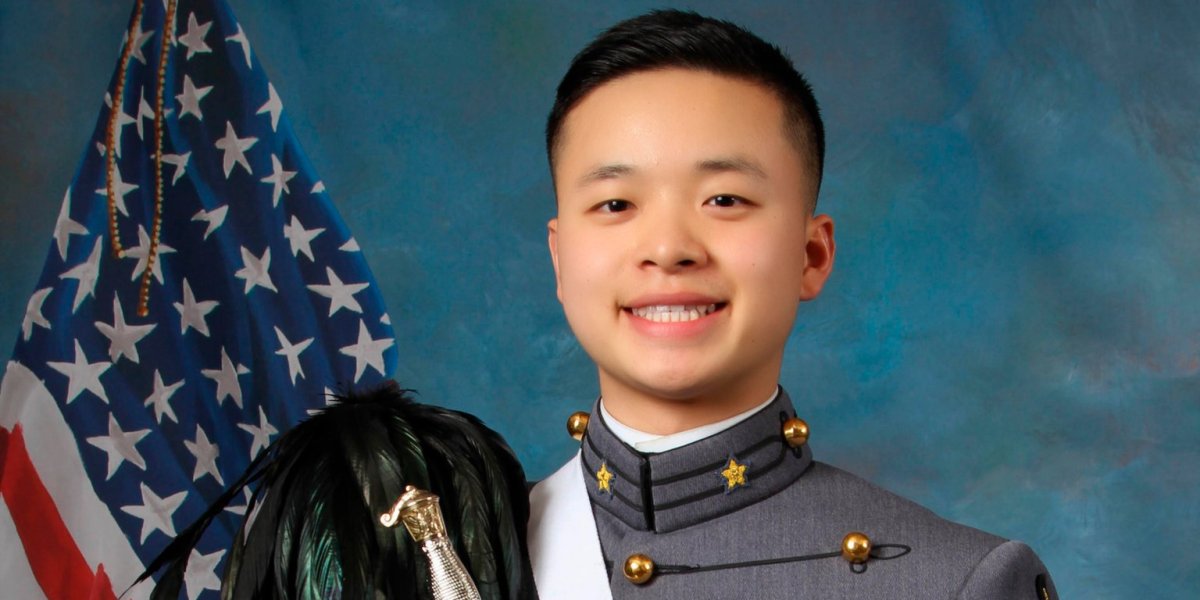The grieving parents of a West Point Cadet who was fatally injured in a skiing accident earlier this year may take a unique path when it comes to carrying on their son’s legacy.
Last week, a judge ruled that the parents of 21-year-old Peter Zhu can use their son’s frozen sperm to attempt to conceive a child via surrogacy, Business Insider reported.
“At this time, the court will place no restrictions on the use to which Peter’s parents may ultimately put their son’s sperm, including its potential use for procreative purposes,” wrote New York Supreme Court Justice John Colangelo in the ruling, dated last Thursday.
Zhu’s parents received court permission to have his sperm retrieved and frozen during his organ donation surgery after the cadet died in March, but the judge waited until last week to rule on whether they could use the sperm to attempt reproduction.
Colangelo said he found no restrictions in state or federal law, but did note potential ethical considerations and warned the parents that some doctors may be unwilling to assist with the attempted reproduction.
Zhu’s parents claimed they felt an obligation to carry on their son’s legacy, testifying that Zhu wanted children and citing conversations they’d had with the 21-year-old. Zhu’s military advisor at West Point echoed these claims, testifying that Zhu had named having children among his goals.
Colangelo said the parents have not yet decided whether they will use their son’s sperm to attempt reproduction.
As Business Insider notes, while Zhu’s case is unusual, it is not unprecedented. In two separate cases in 2007 and 2009, courts authorized the posthumous recovery of sperm by the parents of deceased men for future reproductive use.
In 2018, the American Society for Reproductive Medicine issued ethical guidelines for fertility centers on posthumous collection of reproductive material, advising that in the absence of written permission from the deceased, requests should only be considered from a surviving spouse or partner.
Editor’s Note: RealClearLife, a news and lifestyle publisher, is now a part of InsideHook. Together, we’ll be covering current events, pop culture, sports, travel, health and the world.
Thanks for reading InsideHook. Sign up for our daily newsletter and be in the know.


















